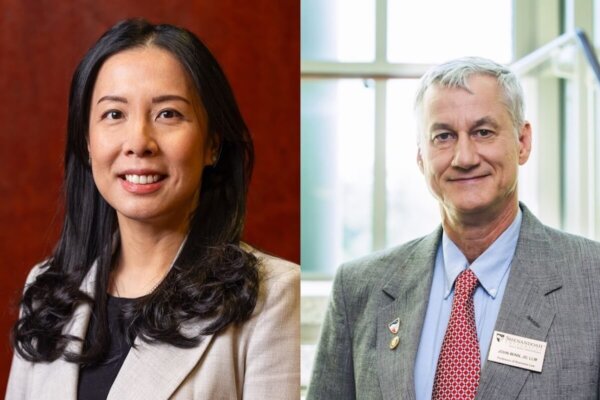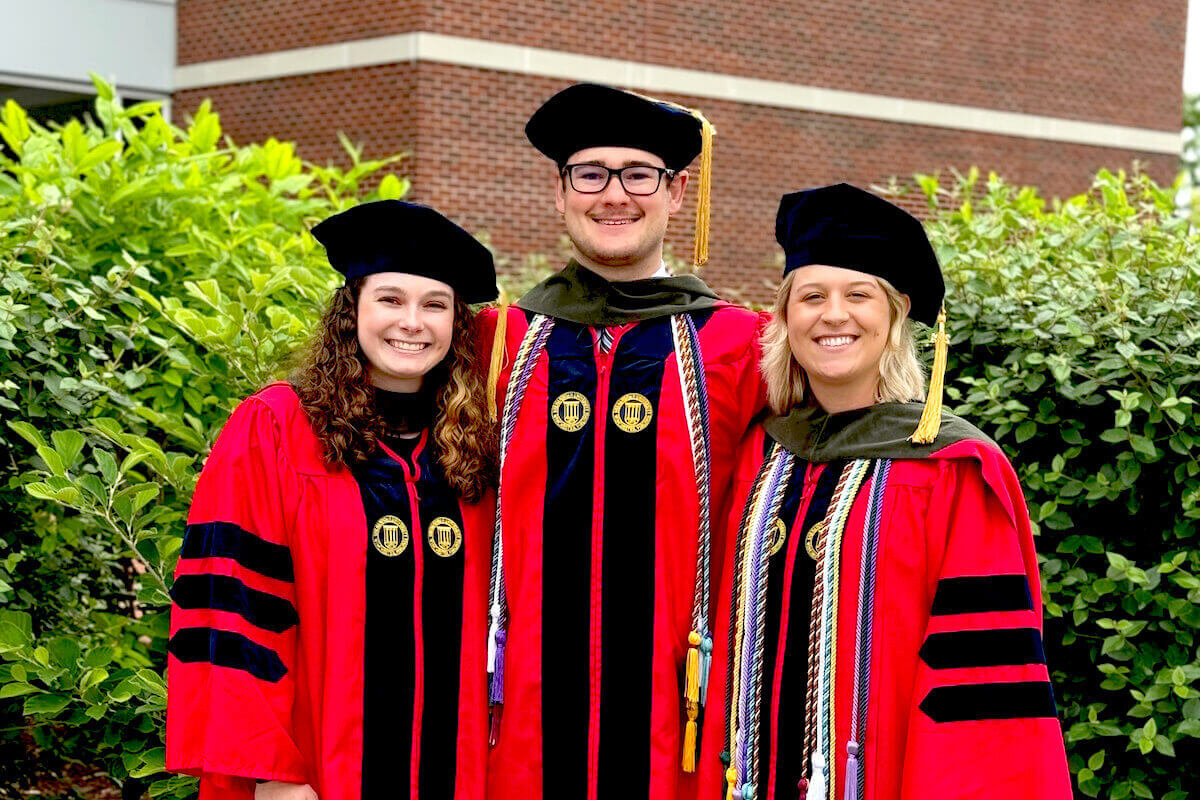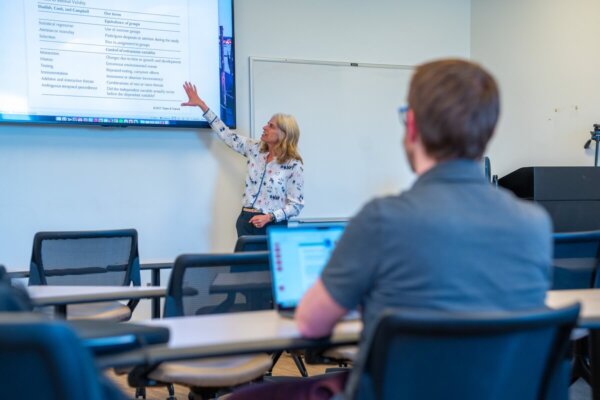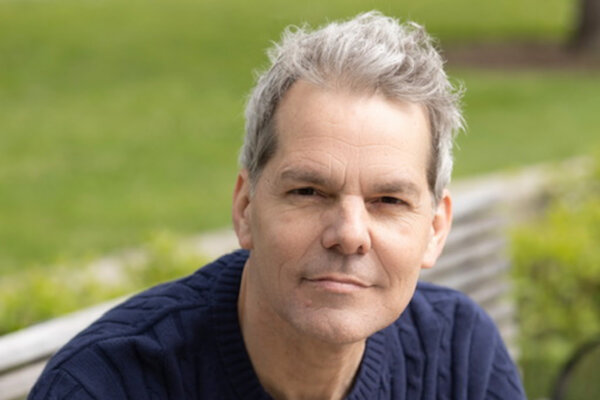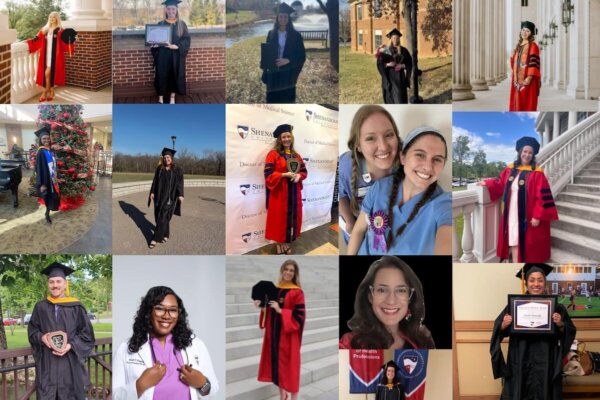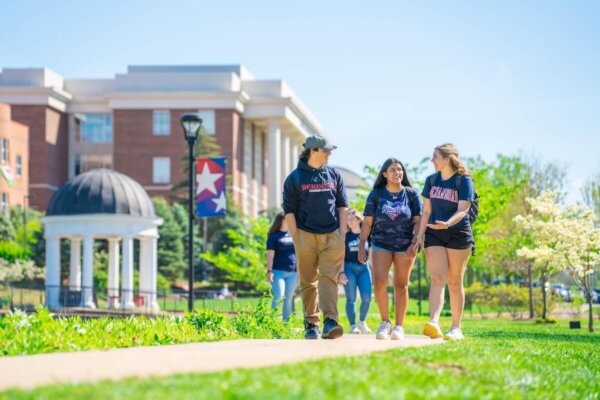Shenandoah University To Launch ‘The Great Experiment’
Virtual reality project immerses users in the 1787 constitutional debates that led to the creation of the Electoral College
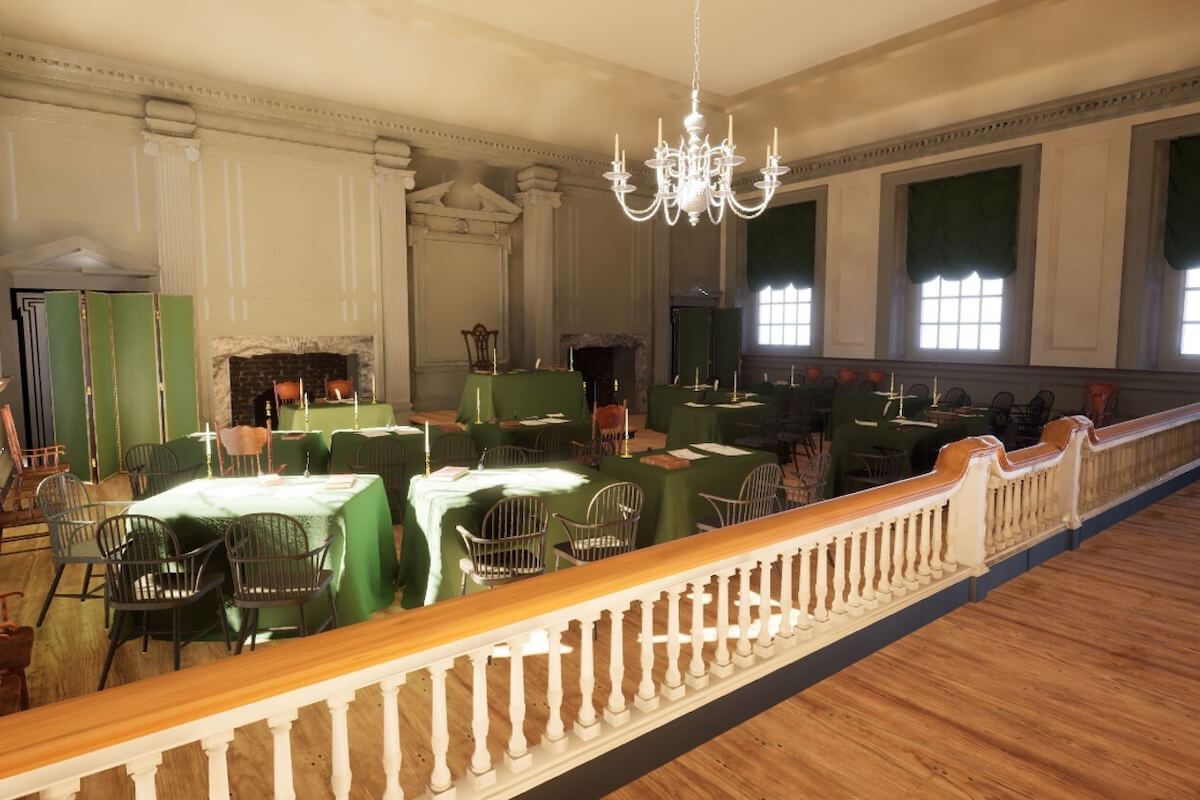
Shenandoah University is set to release an immersive, educational virtual reality experience that places participants at the center of a defining moment in America’s political history.
“The Great Experiment: Redebating the Electoral College in Virtual Reality,” produced by the Shenandoah Center for Immersive Learning (SCiL) in collaboration with Shenandoah University’s history and virtual reality design departments, immerses users in an authentic, virtual representation of the Assembly Room of the Pennsylvania State House (now known as Independence Hall) in Philadelphia during the debates that led to the creation of the Electoral College during the Constitutional Convention of 1787. Through a series of increasingly immersive and interactive participatory stages featuring avatars of the country’s founders, users are immersed and actively engaged in the debate over the question of how to elect a chief executive of a republic.
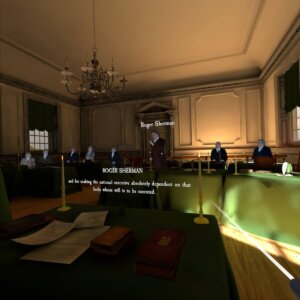 The program can be tailored and deployed to any mainstream VR device and provides multiple hours’ worth of learning, creating an educational experience that is enhanced by a level of “presence” achievable only through immersive technology. By putting on a VR headset, users not only get to witness the debates as they happened in 1787, but they become active participants by assuming the role of one of the delegates before ultimately having the chance to engage in a free debate on a related question of contemporary significance with other users in a multiplayer setting.
The program can be tailored and deployed to any mainstream VR device and provides multiple hours’ worth of learning, creating an educational experience that is enhanced by a level of “presence” achievable only through immersive technology. By putting on a VR headset, users not only get to witness the debates as they happened in 1787, but they become active participants by assuming the role of one of the delegates before ultimately having the chance to engage in a free debate on a related question of contemporary significance with other users in a multiplayer setting.
Shenandoah will celebrate the launch of “The Great Experiment” during a special event on Friday, Sept. 27, at 2 p.m. in the university’s new Hub for Innovators, Veterans and Entrepreneurs (HIVE). The celebration is free and open to the public, and those wishing to attend can RVSP by visiting su.edu. Demonstrations of “The Great Experiment,” during which visitors will have the opportunity to put on a VR headset and experience the program, will be available for an hour before and after the celebration.
The project’s launch comes at a time when the country’s focus is on the 2024 presidential election, and discussions abound about the effectiveness of the Electoral College as a means of selecting a president.
Foremost in the thinking of many Americans during an election year is the Electoral College. Through ‘The Great Experiment,’ you can journey back in time through the genius of virtual reality to 18th-century Philadelphia and not only witness the debates at the Constitutional Convention of 1787 that produced our system of electors, but also learn about the delegates, their arguments and positions, and participate in those debates yourself. You will have an actual opportunity to redebate and rethink possible changes to our electoral system using all the power of reason and rhetoric so effectively mastered by the American founders.”
Shenandoah Professor of History Warren Hofstra, Ph.D., one of four individuals leading the project’s development
Production of “The Great Experiment” began in 2019 and involved nearly 100 Shenandoah students, faculty and staff, historians, computer scientists, virtual reality and audio engineers, and media directors and producers, with additional support from historians at James Madison University, exhibition developers at the National Constitution Center, curators at the National Park Service’s Independence National Historical Park, and the University of Virginia Press.
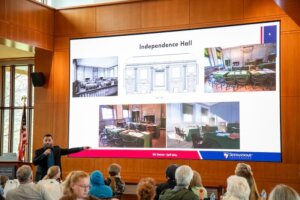 “The Great Experiment” has been presented at various conferences and to different organizations throughout the United States, including the annual meeting of the Organization of American Historians in Boston, the Augmented World Expo (AWE) in California, the American Philosophical Society in Philadelphia, the McNeil Center for Early American Studies at the University of Pennsylvania, George Washington’s Mount Vernon, Colonial Williamsburg and the College of William & Mary, and the Virginia Forum in Richmond.
“The Great Experiment” has been presented at various conferences and to different organizations throughout the United States, including the annual meeting of the Organization of American Historians in Boston, the Augmented World Expo (AWE) in California, the American Philosophical Society in Philadelphia, the McNeil Center for Early American Studies at the University of Pennsylvania, George Washington’s Mount Vernon, Colonial Williamsburg and the College of William & Mary, and the Virginia Forum in Richmond.
The title of the program is derived from a quote by George Washington, who wrote: “The establishment of our new Government seemed to be the last great experiment, for promoting human happiness.”
In addition to Dr. Hofstra, the project’s development team includes Mohammad Obeid, Ph.D., director of Shenandoah University’s Bachelor of Science in virtual reality design program and co-director of SCiL; J.J. Ruscella, executive vice president and chief immersive officer of AccessVR and founding director of SCiL; and Kevin Hardwick, Ph.D., professor of history at James Madison University.
It’s been truly rewarding to see how the hard work and creativity of our students and staff have come together to create something meaningful that encourages deep engagement with the history of democracy. ‘The Great Experiment’ has been a unique and technically sophisticated endeavor to provide an authentic simulation and timely educational platform that served as a rich experiential learning opportunity for the students involved; and will, hopefully, resonate with many audiences.”
Mohammad Obeid, Ph.D.
